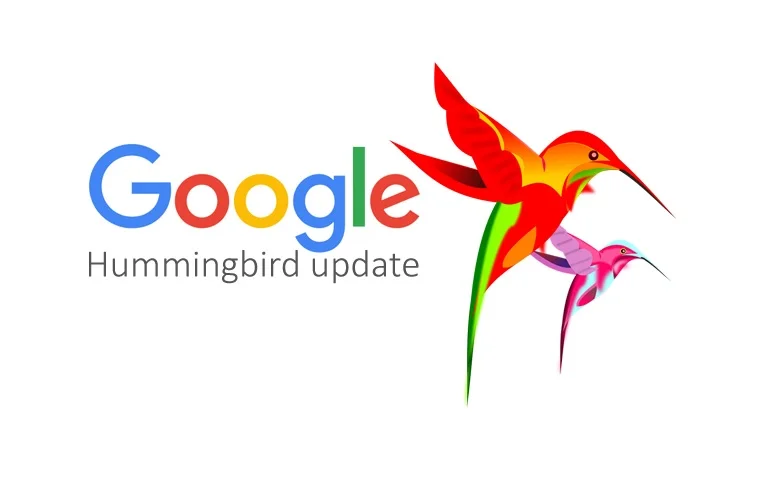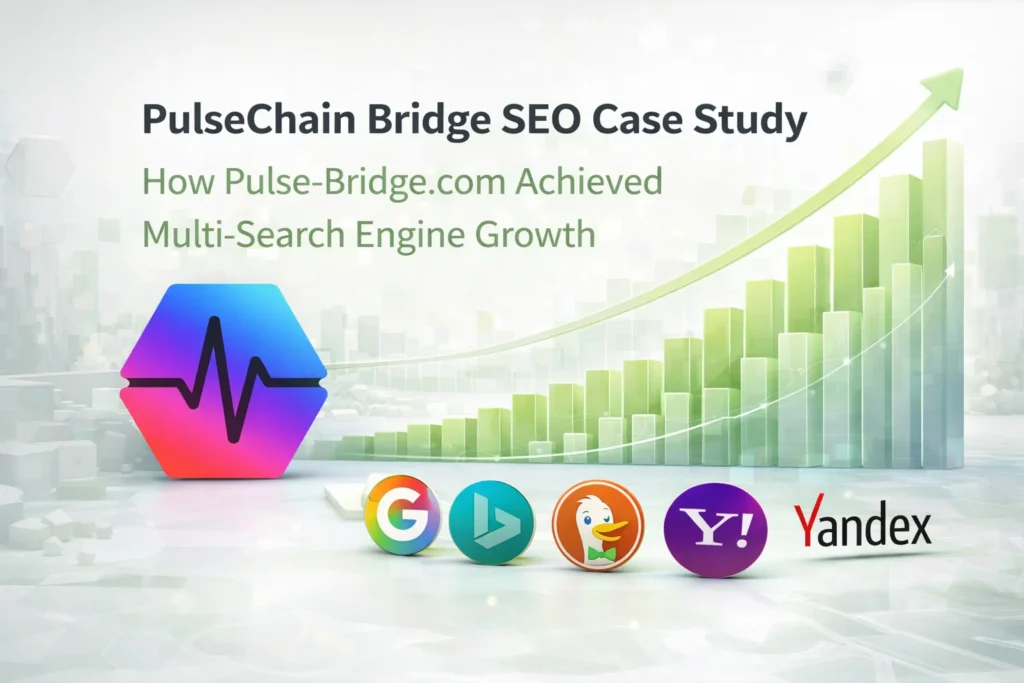Google Hummingbird Algorithm: Era of Semantic Search

In the ever-evolving world of search engine optimization (SEO), Google’s algorithm updates play a pivotal role in shaping the strategies and tactics employed by businesses and digital marketers. One such landmark update that has significantly influenced the SEO landscape is the Hummingbird algorithm. Launched in 2013, the Hummingbird algorithm marked a paradigm shift in how Google understands and interprets search queries, ushering in a new era of semantic search and contextually relevant results. In this comprehensive guide, we’ll delve into the intricacies of the Hummingbird algorithm, exploring its inception, impact on SEO practices, and the strategies required to adapt and succeed in this semantic search environment.
Understanding the Hummingbird Algorithm:
At its core, the Hummingbird algorithm is designed to enhance Google’s ability to understand the meaning behind complex and conversational search queries. Unlike previous updates that focused primarily on keyword matching and indexing, Hummingbird leverages natural language processing and semantic search techniques to decipher the context and intent behind user queries. By analyzing the relationships between words and understanding the semantics of language, Hummingbird aims to deliver search results that are not only relevant but also tailored to the specific needs and preferences of individual users.
The Impact of Hummingbird on Search Engine Results: Personalization and Context
Since its introduction, the Hummingbird algorithm has fundamentally transformed the search landscape, shifting the focus from keyword-centric to user-centric search experiences. With Hummingbird, Google can now better understand the nuances of user intent, enabling it to deliver personalized and contextually relevant search results. This means that businesses must adapt their SEO strategies to prioritize high-quality, user-centric content that addresses the needs, interests, and queries of their target audience.
Adapting On-Page SEO Strategies:
In the era of Hummingbird, traditional on-page SEO tactics centered around keyword optimization are no longer sufficient. Businesses must adapt their strategies to align with the principles of semantic search and user-centric content creation. This involves:
- Semantic Keyword Optimization: Focusing on broader keyword themes and incorporating related terms and phrases that convey the context and intent behind user queries.
- Content Quality and Relevance: Prioritizing the creation of high-quality, informative, and engaging content that addresses the specific needs and queries of the target audience.
- User Experience (UX) Optimization: Ensuring that the website offers a seamless and intuitive browsing experience across devices, with fast loading times, easy navigation, and mobile-friendliness.
Optimizing Off-Page SEO:
Off-page SEO strategies have also evolved in the era of Hummingbird, with a renewed emphasis on building authority, trust, and relevance within the digital ecosystem. Key strategies include:
- Quality Backlinks: Acquiring high-quality backlinks from authoritative and relevant websites within the industry to enhance credibility and visibility in search results.
- Social Signals and Brand Mentions: Leveraging social media and other online platforms to build brand awareness, engage with the target audience, and generate positive social signals and brand mentions.
- Online Reputation Management: Monitoring and managing online reviews, feedback, and mentions to maintain a positive online reputation and enhance trustworthiness in the eyes of both users and search engines.
Conclusion:
The Hummingbird algorithm represents a significant advancement in Google’s quest to deliver more personalized, contextually relevant, and user-centric search experiences. As businesses and SEO professionals navigate the semantic search landscape shaped by Hummingbird, understanding and adapting to its principles is essential for maintaining visibility, relevance, and competitiveness in search results. By prioritizing semantic keyword optimization, creating high-quality and user-centric content, and building authority and trust through off-page SEO efforts, businesses can harness the power of Hummingbird to enhance their online presence and drive sustainable growth in the digital age.


Leave a Reply